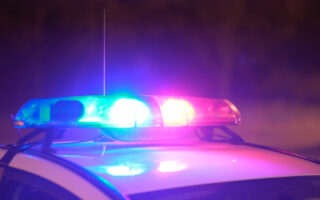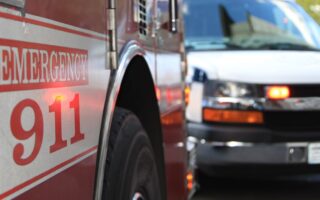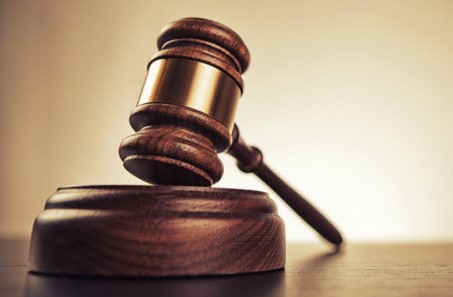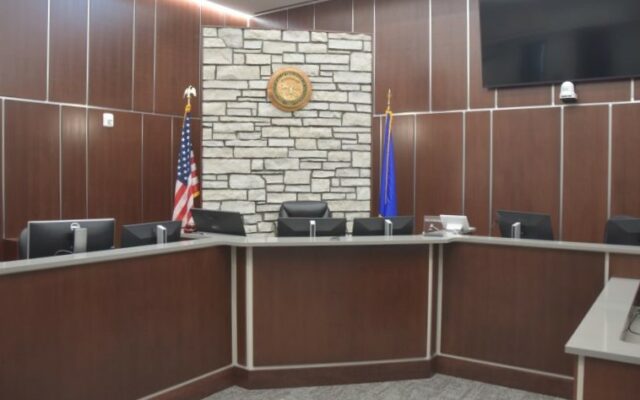Extra DWI Patrols on Minnesota Roads Aug. 19-Sept. 5
 More than 16,000 people have been arrested this year for driving while impaired (as of Aug. 15). Driving while impaired doesn’t just mean drinking alcohol and driving, it also includes drugs — legal or illegal. No matter the substance, impaired driving puts everyone on the road at risk.
More than 16,000 people have been arrested this year for driving while impaired (as of Aug. 15). Driving while impaired doesn’t just mean drinking alcohol and driving, it also includes drugs — legal or illegal. No matter the substance, impaired driving puts everyone on the road at risk.
To stop bad choices from jeopardizing lives as people enjoy the end of summer, troopers, deputies and officers will be participating in a DWI enforcement campaign Aug. 19-Sept. 5. It includes extra patrols, awareness and education. The Minnesota Department of Public Safety Office of Traffic Safety coordinates the campaign with funding provided by the National Highway Traffic Safety Administration.
Law enforcement will be looking for drivers who appear impaired, whether by alcohol or other substances. Driving while impaired by any substance is illegal. Drugged driving incidents are on the rise and it’s a growing concern for Minnesota law enforcement.
- During the last five summers (May-August), 203 people died in drunk driving-related crashes.
- More than one of every five deaths (23 percent) on Minnesota roads is drunk driving-related.
- Alcohol-related crashes not only take lives, they change them forever. Alcohol-related crashes cause an average of 344 life-changing injuries each year (2017-2021).
- Drugged driving accounted for 6,769 incidents from 2012-2016 compared with 15,133 from 2017-2021. That’s a 123 percent increase over five years.
DWI Incidents
- 2021: 24,324
- 2020: 22,653
- 2019: 27,975
- 2018: 26,414
- 2017: 24,862
- Approximately 57 percent of those who incur a first DWI will incur a second, and 11 percent of those who incur a second DWI will incur a third.
- The financial cost of alcohol-related traffic injuries and fatalities in Minnesota was estimated at more than $333 million in 2021. Financial costs are calculated using estimates from the National Safety Council and are just direct costs due to medical expense, property damage and lost productivity.
DWI Consequences
- Loss of license for up to a year, thousands of dollars in financial costs and possible jail time.
- Repeat DWI offenders, as well as first-time offenders arrested at 0.16 and above blood alcohol-concentration, must use ignition interlock in order to regain legal driving privileges or face at least one year without a driver’s license.
- Offenders with three or more offenses are required to use interlock for three to six years, or they will never regain driving privileges.
Make a Plan
- Designate a sober driver, use a safe, alternative transportation option, or stay at the location of the celebration.
- Speak up. Offer to be a designated driver or be available to pick up a loved one anytime, anywhere. If you see an impaired person about to get behind the wheel, get them a safe ride home.
- If you plan to drive, refrain from drugs, whether legally or illegally obtained. Impaired is impaired.
- If you don’t yet know how a medication will affect your judgment, coordination and reaction time, either have someone else drive or wait to take it until after you get home.
- Buckle up. It’s the best defense against impaired drivers.







